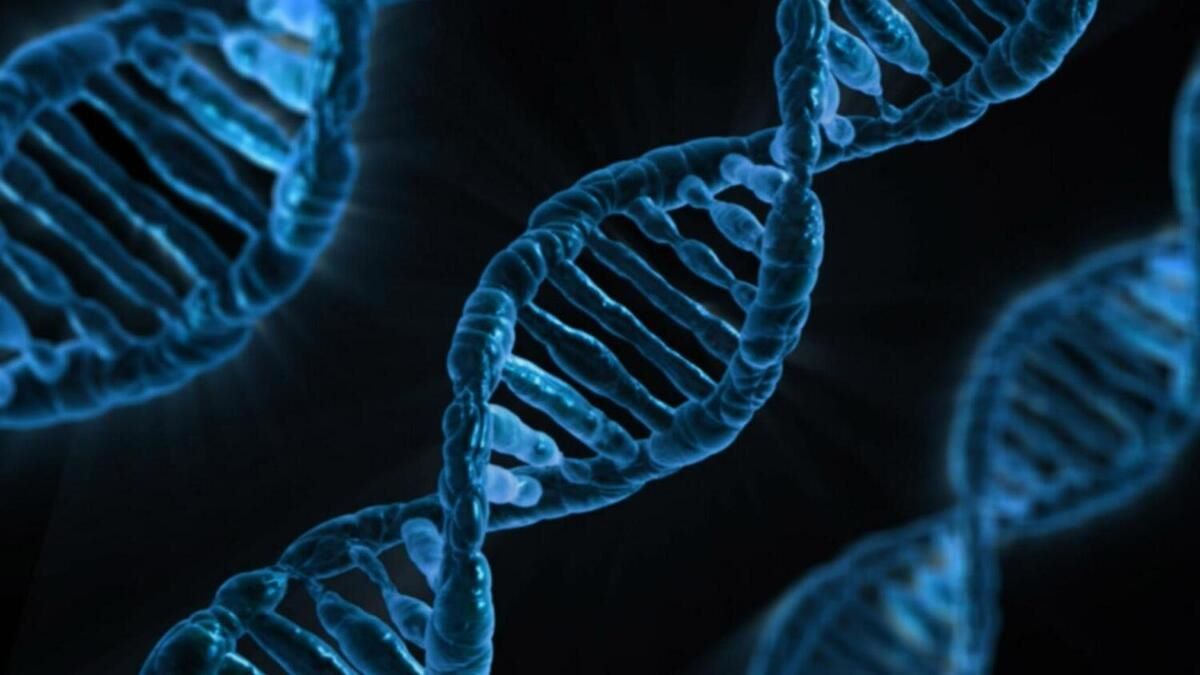
Argonauts are more than just mythical heroes; they are also fascinating sea creatures. Known as paper nautiluses, these marine animals belong to the octopus family. Unlike their mythological namesakes, real argonauts are small, delicate, and mysterious. They inhabit warm ocean waters and are famous for their unique shells, which females create to protect their eggs. These shells are not true shells but rather thin, papery structures. Male argonauts, on the other hand, are much smaller and lack this feature. Did you know that argonauts can control their buoyancy by trapping air in their shells? This ability helps them float effortlessly near the ocean surface. Dive into these 20 amazing facts about argonauts and discover the wonders of these incredible sea creatures!
What is Argonaute?
Argonaute proteins are essential players in the RNA interference (RNAi) pathway, a process that regulates gene expression. These proteins are found in many organisms, from plants to humans. Let's dive into some fascinating facts about Argonaute.
-
Named After a Greek Myth: The name "Argonaute" comes from the Greek myth of Jason and the Argonauts, reflecting the protein's role in navigating the complex world of RNA molecules.
-
Key to Gene Silencing: Argonaute proteins are crucial for gene silencing, a process where specific genes are turned off to prevent the production of certain proteins.
-
Found in All Eukaryotes: These proteins are present in all eukaryotic organisms, including animals, plants, fungi, and protists.
-
Part of the RNAi Machinery: Argonaute proteins are a core component of the RNA-induced silencing complex (RISC), which is essential for RNAi.
-
Bind to Small RNAs: They bind to small RNA molecules, such as microRNAs (miRNAs) and small interfering RNAs (siRNAs), guiding them to their target mRNAs.
Argonaute's Role in Research
Scientists have been studying Argonaute proteins for years to understand their role in gene regulation and potential applications in medicine.
-
Tool for Genetic Research: Researchers use Argonaute proteins to study gene function and regulation, making them valuable tools in genetic research.
-
Potential in Gene Therapy: These proteins hold promise for gene therapy, where they could be used to silence harmful genes in genetic disorders.
-
Cancer Research: Argonaute proteins are being studied for their role in cancer, as they can influence the expression of genes involved in tumor growth.
-
Agricultural Applications: In plants, Argonaute proteins help regulate genes involved in growth and stress responses, making them important for crop improvement.
-
Model Organisms: Scientists often study Argonaute proteins in model organisms like fruit flies and mice to gain insights into their function.
Structure and Function
Understanding the structure and function of Argonaute proteins helps scientists unravel their complex roles in the cell.
-
PAZ and PIWI Domains: Argonaute proteins have two main domains, PAZ and PIWI, which are crucial for their function. The PAZ domain binds to small RNAs, while the PIWI domain has endonuclease activity.
-
Catalytic Activity: Some Argonaute proteins have catalytic activity, meaning they can cleave target mRNAs, leading to their degradation.
-
Guide and Passenger Strands: When Argonaute binds to a double-stranded RNA, it separates the strands into a guide strand (which remains bound) and a passenger strand (which is discarded).
-
Conserved Across Species: The structure of Argonaute proteins is highly conserved across different species, highlighting their essential role in cellular processes.
-
Mutations and Disease: Mutations in Argonaute proteins can lead to various diseases, including neurological disorders and cancers.
Argonaute in Biotechnology
Argonaute proteins have exciting applications in biotechnology, from gene editing to developing new therapies.
-
CRISPR-Cas9 Alternative: Researchers are exploring Argonaute proteins as an alternative to CRISPR-Cas9 for gene editing, potentially offering more precise targeting.
-
Synthetic Biology: In synthetic biology, Argonaute proteins can be engineered to create new biological circuits and systems.
-
Drug Development: These proteins are being investigated as targets for new drugs, particularly in treating viral infections and cancers.
-
Biomarker Discovery: Argonaute proteins and their associated small RNAs can serve as biomarkers for various diseases, aiding in early diagnosis and treatment.
-
RNAi Therapeutics: Argonaute proteins are central to developing RNAi-based therapeutics, which aim to treat diseases by silencing specific genes.
Argonaute proteins are fascinating molecules with diverse roles in biology and medicine. Their study continues to reveal new insights and potential applications, making them a hot topic in scientific research.
Final Thoughts on Argonauts
Argonauts, those legendary Greek heroes, have fascinated people for centuries. Their daring quest for the Golden Fleece is packed with adventure, danger, and mythical creatures. Jason, their leader, faced countless challenges, from taming fire-breathing bulls to battling fierce warriors. The ship, Argo, wasn't just a vessel; it was a symbol of bravery and teamwork. Each member of the crew, from Hercules to Orpheus, brought unique skills that contributed to their success. These tales aren't just stories; they reflect human qualities like courage, loyalty, and perseverance. Even today, the legend of the Argonauts inspires books, movies, and art. Their journey reminds us that with determination and a bit of help from friends, we can overcome any obstacle. So, next time you face a challenge, think of the Argonauts and their epic adventure.
Was this page helpful?
Our commitment to delivering trustworthy and engaging content is at the heart of what we do. Each fact on our site is contributed by real users like you, bringing a wealth of diverse insights and information. To ensure the highest standards of accuracy and reliability, our dedicated editors meticulously review each submission. This process guarantees that the facts we share are not only fascinating but also credible. Trust in our commitment to quality and authenticity as you explore and learn with us.


